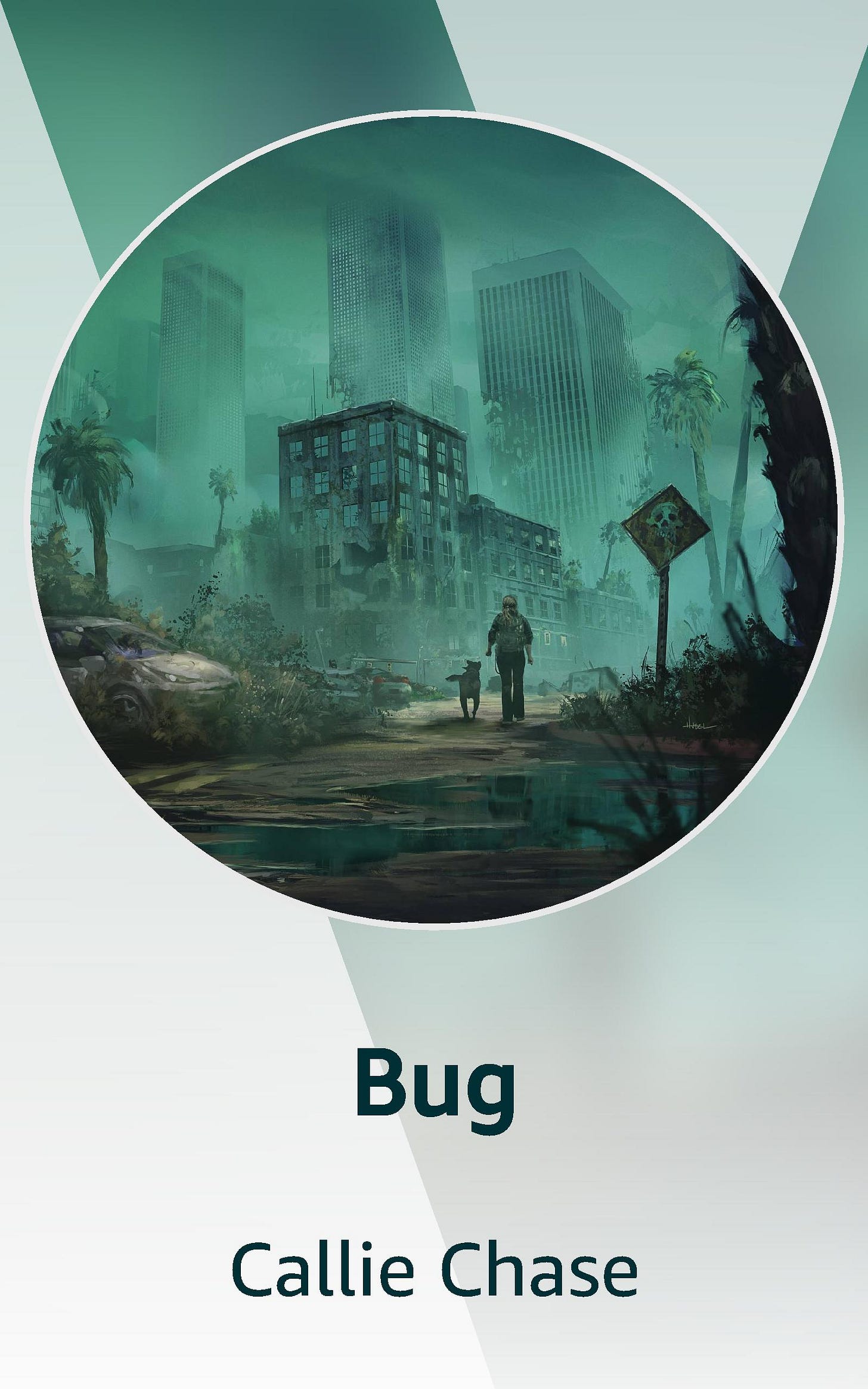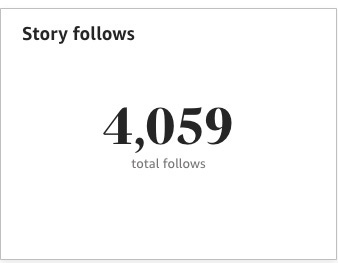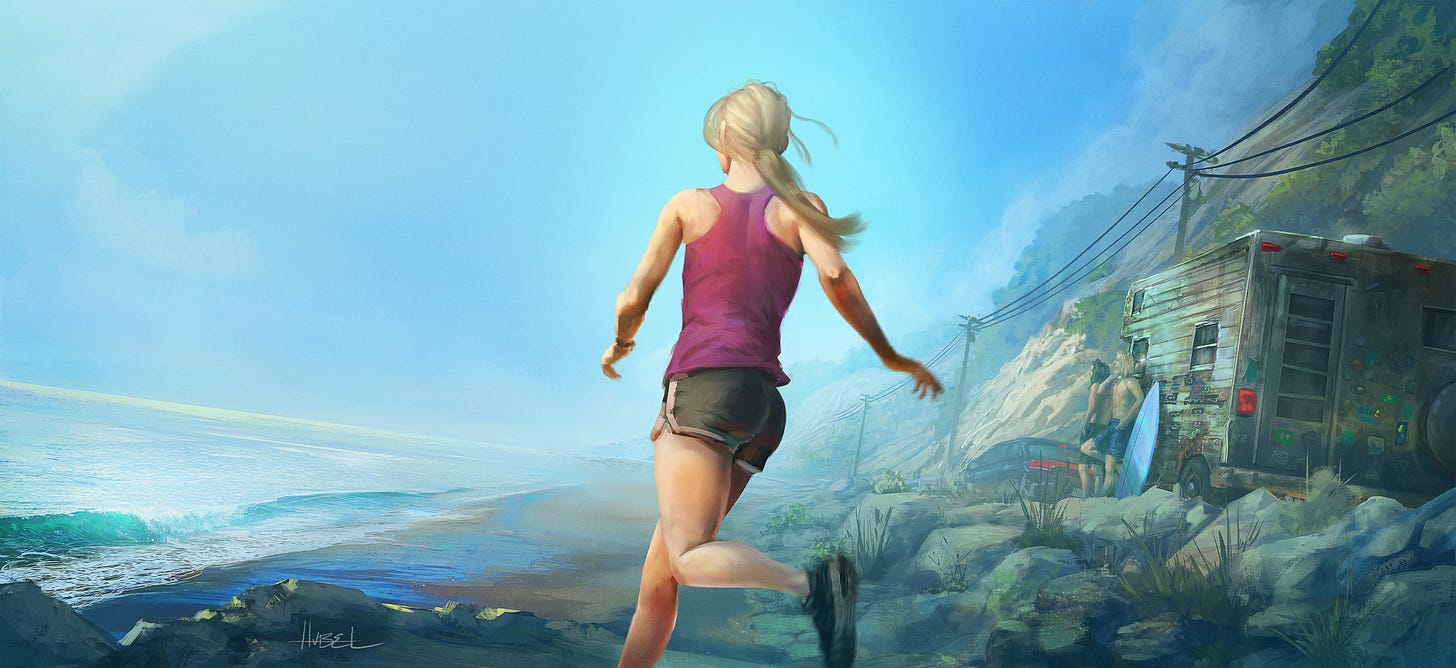Publishing Changes Fast...
And sometimes we have to say goodbye
Authors who have been publishing for a while seem to agree on one thing: just when you start to get comfortable, things inevitably change. When I first started working in publishing, print on demand didn’t exist. E-book only publishers were growing (and going out of business) every day. As both the cost to produce a book and the time required to get that book to market dramatically changed, so did the business.
More recently, social media platforms like TikTok have changed the way readers learn about books, which in turn has made social media an even more powerful tool to connect authors with their readers. Going viral, hitting lists, earning bonuses—there is always a new trend, a new platform, a new strategy, and new players.
Hello, Kindle Vella
In 2021, Amazon announced the launch of a new serial publishing platform. Kindle Vella joined the market alongside Radish, Kiss, Dreame, and other digital publishers that allowed authors to self-publish their content in small installments—like TV episodes for books.
Vella launched some new author careers and published work from some of the biggest names publishing today. The genres represented on the platform were diverse and the Top Fave List made finding popular stories easy for readers.
But the platform was plagued from the first day with issues—issues that Amazon was very much aware of. I was fortunate enough to launch a series on Vella that went live the very day Vella went live to readers. That series was something that I’d worked on for years as a novel, but the structure just was not coming together as a book.
Ninety-nine episodes, a quarter of a million words, thirteen POV characters later, Bug is what I would consider a Vella success story. For many months I considered Bug a personal success story, too. And yet, more than 18 months ago, I made the decision to stop publishing new work on the site and to dedicate myself to books.
Why? What Went Wrong?
Kindle Vella stopped working for me for a variety of reasons. The platform was very difficult to use, and readers had a nearly impossible time calculating the true cost of a work based on the token system that was required to unlock episodes. Rather than synergize existing subscription and revenue sources by combing Vella with KU, Amazon kept Vella separate. The tokens were priced differently depending on where they were purchased, and the rather than launch an app like Kindle, readers could only access Vella by searching for it on Amazon.com. There were bonuses paid to high-performing series, but unlike KU, which shares the amount of the bonus pool and some information about All Star bonuses, the Vella algorithm seemed to reward the wrong things. Reviews complaining about the platform (despite positive comments about the content itself) were not removed from the series, so authors were in effect penalized by low ratings because readers did not care for the pricing, the platform, or the features of Vella. The list goes on.
Goodbye, Kindle Vella
Like so many things in publishing, Vella will shut down in February 2025. Amazon made the announcement after several months of reducing payouts to authors through reducing the bonus pool and restructuring the compensation paid via token spent on episodes.
While Vella was a self-publishing platform, one of the aspects of the platform that was so attractive was that it appealed to a different kind of reader. The platform allowed for comments and reader engagement in a way that KU and outright purchases of books do not. And while many other platforms exist for those interested in publishing serial fiction, to have Amazon in that market space was incredible. While it lasted, that is.
Thank you, Kindle Vella
Publishing on Vella was life-changing for me. I met new author friends who will forever be part of my universe. I gained insights into data and metrics and the value of truly understanding the market as a creative that have forever changed my understanding of my craft. I received exposure for my work that was truly shocking, wonderful, and inspiring. Amazon chose Bug as an Editor’s Pick at launch. They ran ads featuring Bug alongside many other wonderful stories. And more than anything, my work touched thousands of people.
I started on Vella with no readership. I’d been ghostwriting for a very long time but hadn’t published my own work until Bug.
It’s hard to see anything but positive possibilities from numbers like this:
I’m grateful, so, so tremendously grateful to all the readers who supported Bug on Vella. To the tremendously gifted artist, Matt Hubel, who brought my characters to life in the art he created.
Bug is a story that was near and dear to my heart for more than five years before I published it in serial form. From Bea to Tobiah, Ro to Onelio, Snow to Sunflower, I put so much of myself into the series. My hope, my fears, my love…and especially my passion for the zombie genre and all that dystopian stories do to reveal the best and worst of humanity.
The bonuses and royalties were wonderful, but reviews like this one will forever stay with me:
What’s Next?
Like everything in life, nothing stays the same. Some changes are good, as they push us past our comfort zones and force us to evaluate what’s most important. Some change hurts and doesn’t seem to offer much more than the immediacy of pain. In publishing, though, one closed door always means there is an opportunity. Whether that means an opportunity to try something new, to shift gears, or to simply get back to the keyboard, I’m focused on the future. Bug’s first season was far from the end of the story. Maybe there will be books. Maybe I will finish the journey that Bea and the crew started on the day that everything changed for them.
No matter what the future holds for Bug and for the other Vella authors, I’m grateful for the experience. So grateful to Michael Lee, for being an instrumental part of the process and the reason I published on Vella to begin with. I’m looking back with bittersweet feelings, but I’m looking ahead knowing that change is healthy, natural, and to be expected. We don’t always know where, when, or how it will come, but we’re storytellers. Is “the end” ever really the end? Or is it simply our cue to turn the page and start a new chapter?








